Comprehensive Guide to Navigating US Sales Tax Holidays

Although the first sales tax holidays date back to the 1980s, when Ohio and Michigan introduced one-time tax breaks for car purchases, New York popularized them in 1997 by implementing the first sales tax holiday for clothing.
New York's goal was to address the issue of cross-border shopping, where residents traveled to nearby states, like New Jersey, to benefit from lower sales tax rates on clothing. The sales tax holiday aimed to reduce this practice without lowering the state's overall sales tax rate.
Understanding Sales Tax Holidays in the US
Sales tax holidays are specified periods when a state permits tax-free purchases of certain items. Consumers who buy eligible products do not have to pay sales tax during these holidays. States usually implement these holidays to stimulate consumer spending.
Sales tax holidays can occur throughout the year, but they are most commonly held in July and August, coinciding with "back-to-school" sales. Holidays for items related to severe weather preparedness usually happen earlier in the year, while Second Amendment holidays are often scheduled in early fall, before the start of hunting season.
Additionally, sales tax holidays can be either annual events or one-time occurrences. States pass legislation to determine the timing of these holidays and how often they will occur. Typically, these holidays last three days, although some states may extend the duration.
Online sellers must be particularly careful during sales tax holiday periods. If registered to collect tax in a state with a sales tax holiday, they must follow the holiday's regulations. This includes applying the rules for transactions occurring at the start and end of the period according to that state's time zone.
US Sales Tax Holidays by States
Even though sales tax holidays are gaining popularity, only 21 US states are holding or will hold sales tax holidays in 2024, which is just one more than the previous year. Sales tax holidays vary by state and are subject to changes. Recently, Florida has exempted outdoor recreational equipment from state sales tax during the summer, while Iowa and Oklahoma have exempted clothing during their holidays.
State Sales Tax Holidays in 2024
Since the names, dates, and items included differ from one state to another, the table below provides general information about sales tax holidays in 2024 for US states that hold these holidays.




Conclusion
Sales tax holidays can be divided into several categories based on the items they include. The most common sales holiday is a back-to-school holiday. While sales holidays provide consumers with perceived savings and offer politically advantageous opportunities for elected officials, they also have economic inefficiencies and mixed outcomes.
As states continue experimenting with different tax holiday forms, their effectiveness and impact remain debatable.
Sources : Tax Foundation - Sales Tax Holiday, Sales Tax Institute - What are Sales Tax Holidays, Federation of Tax Administrators, Tax Institute - Sales Tax Holidays

Featured Insights

Burkina Faso FEC E-Invoicing Mandatory July 2026
🕝 February 24, 2026More News from Americas
Get real-time updates and developments from around the world, keeping you informed and prepared.
-e9lcpxl5nq.webp)




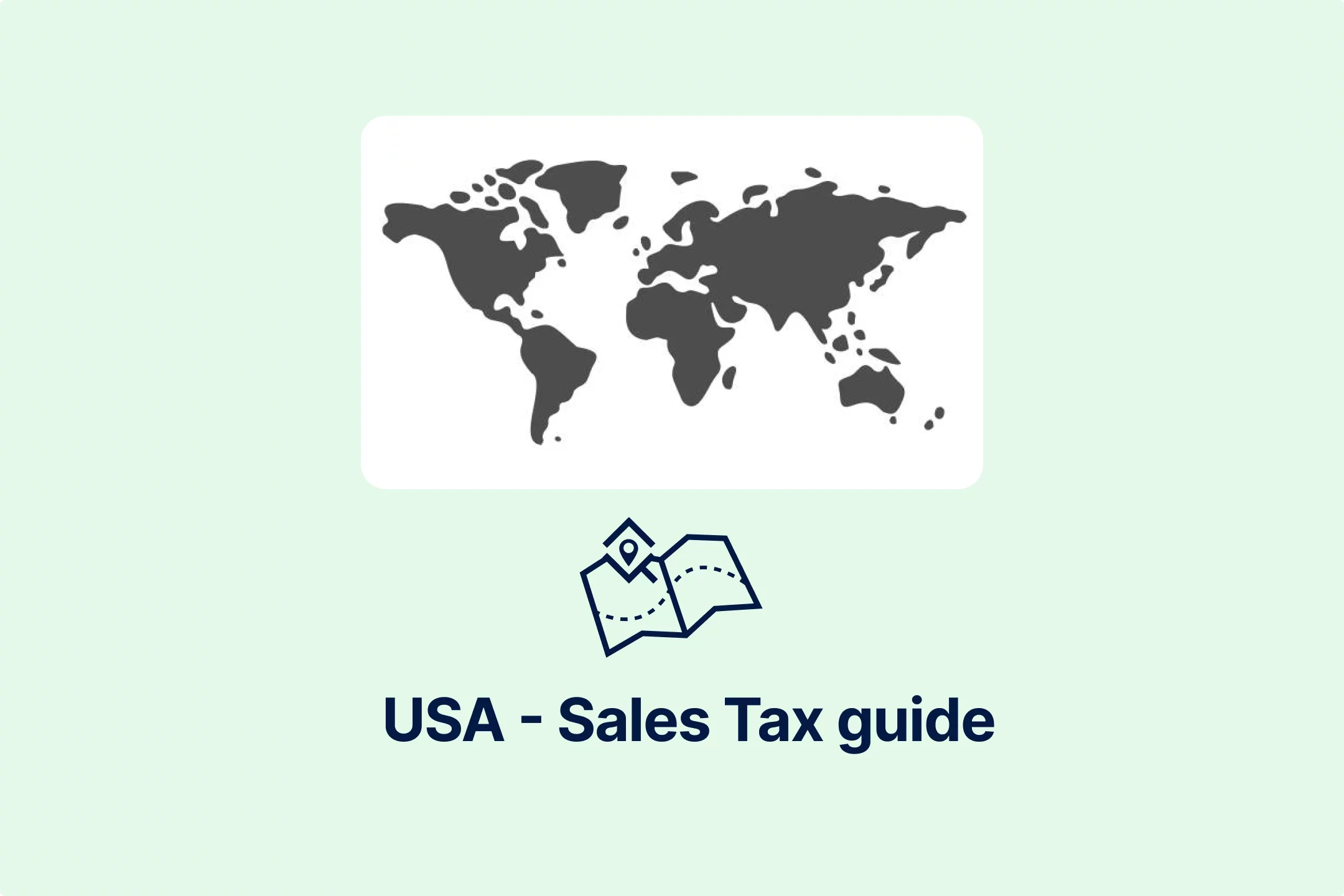
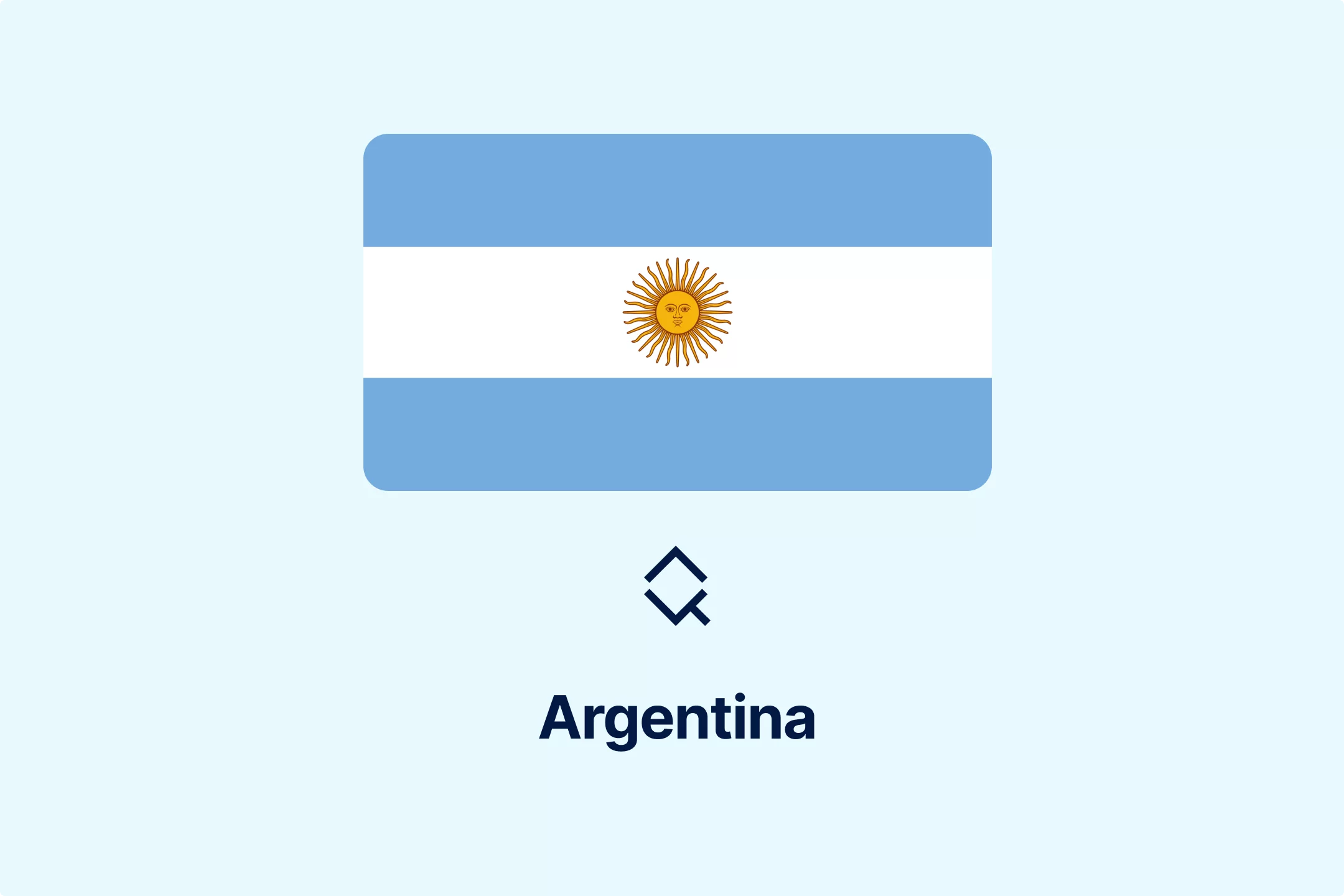
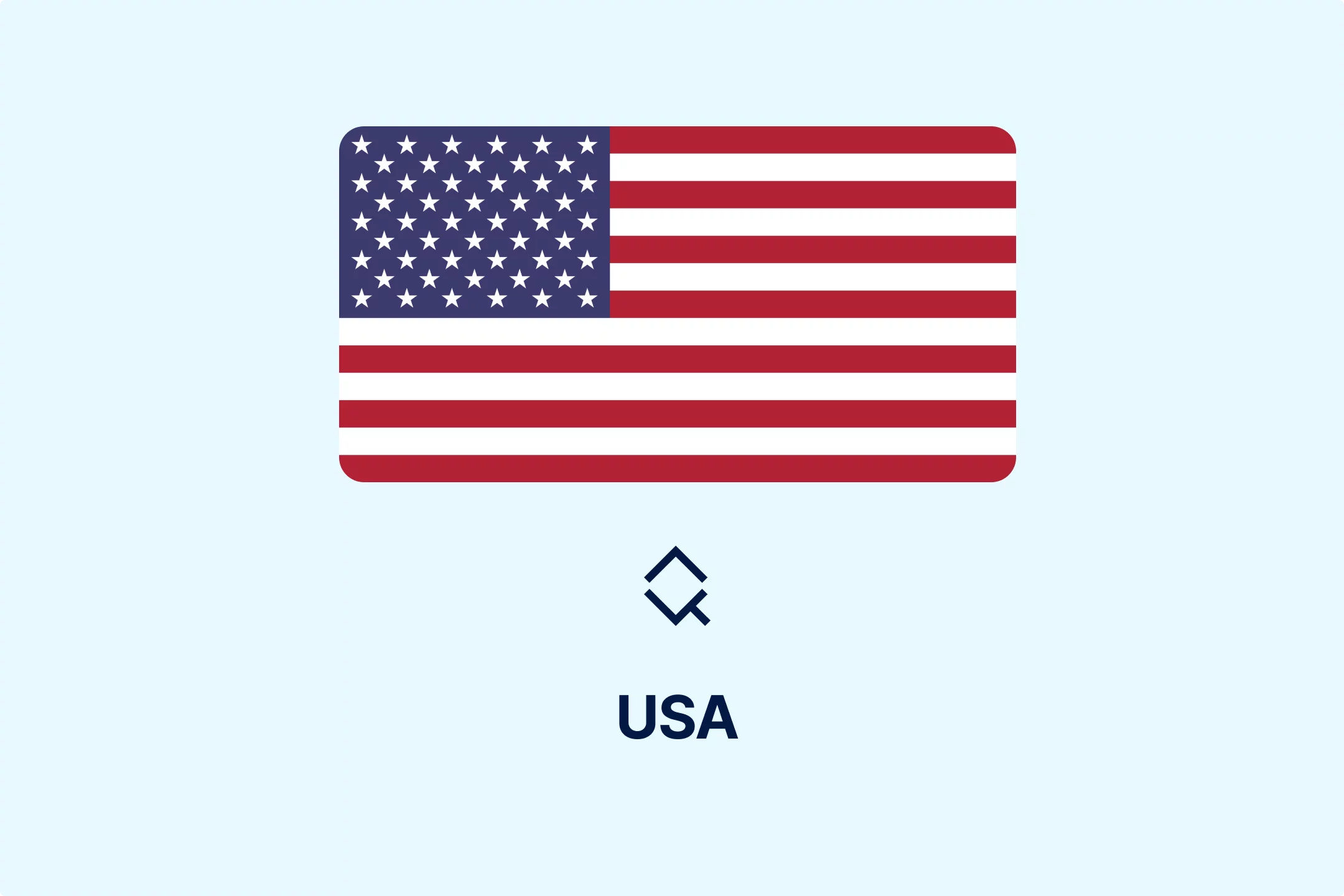
-fd4vrjrcmo.webp)



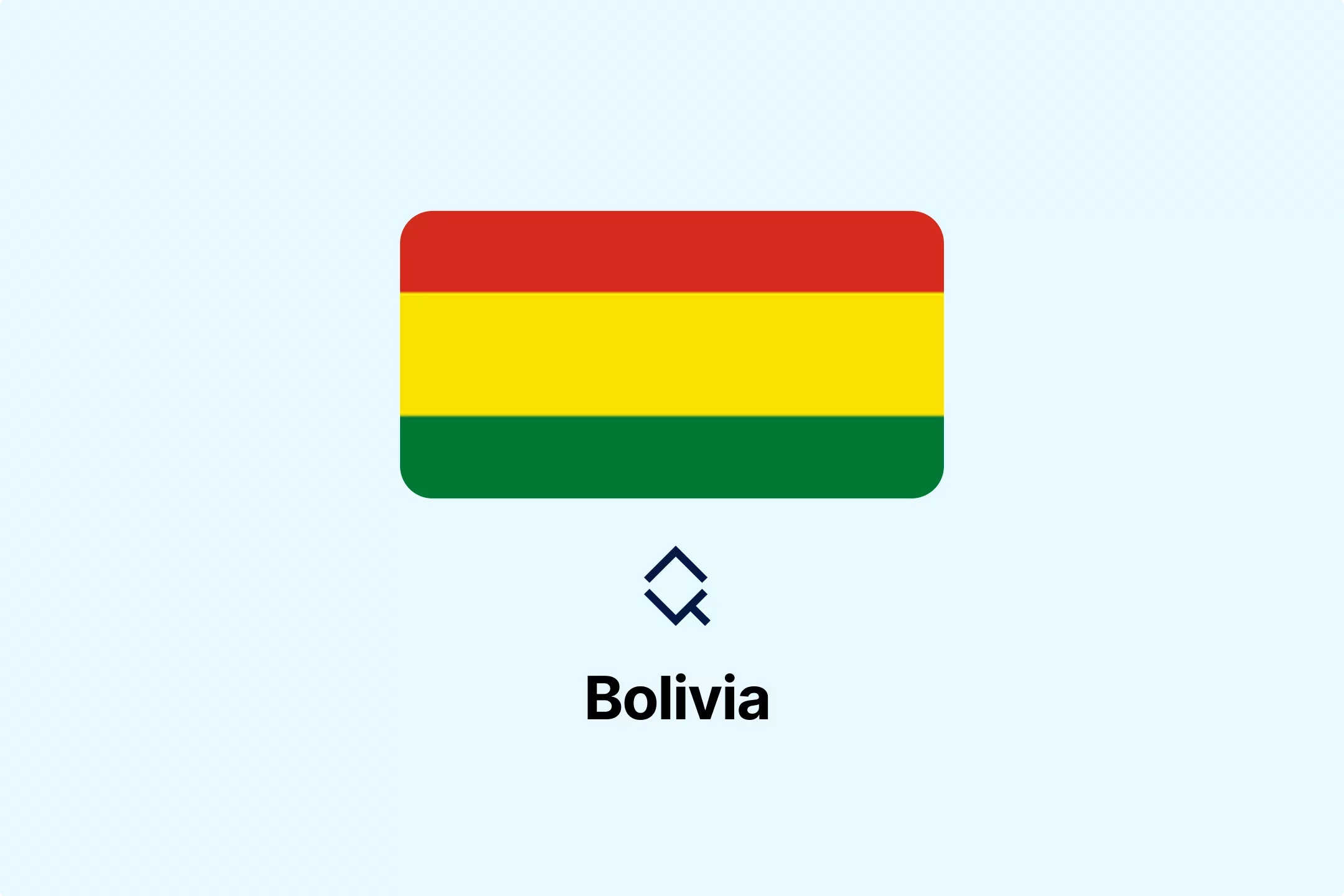

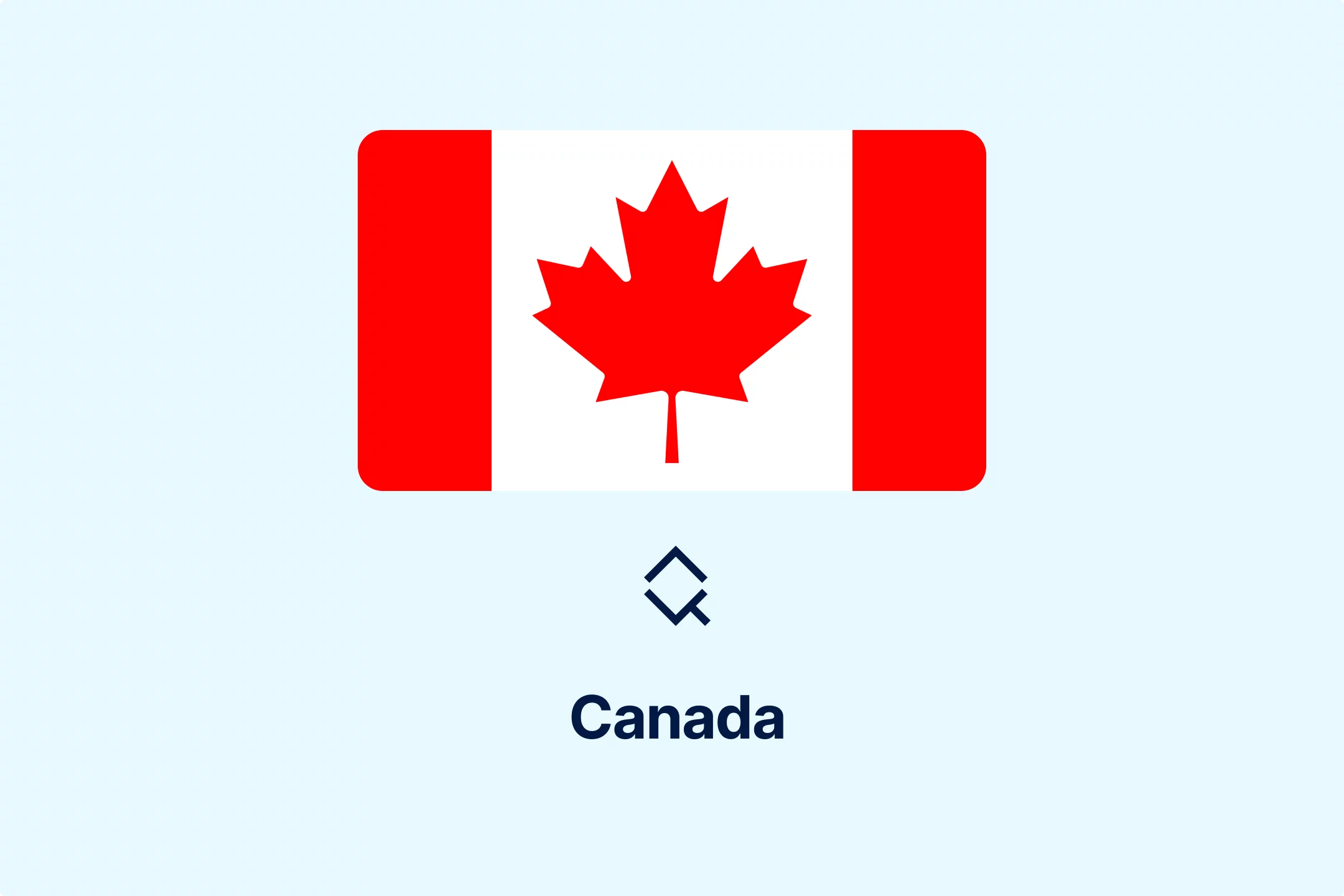





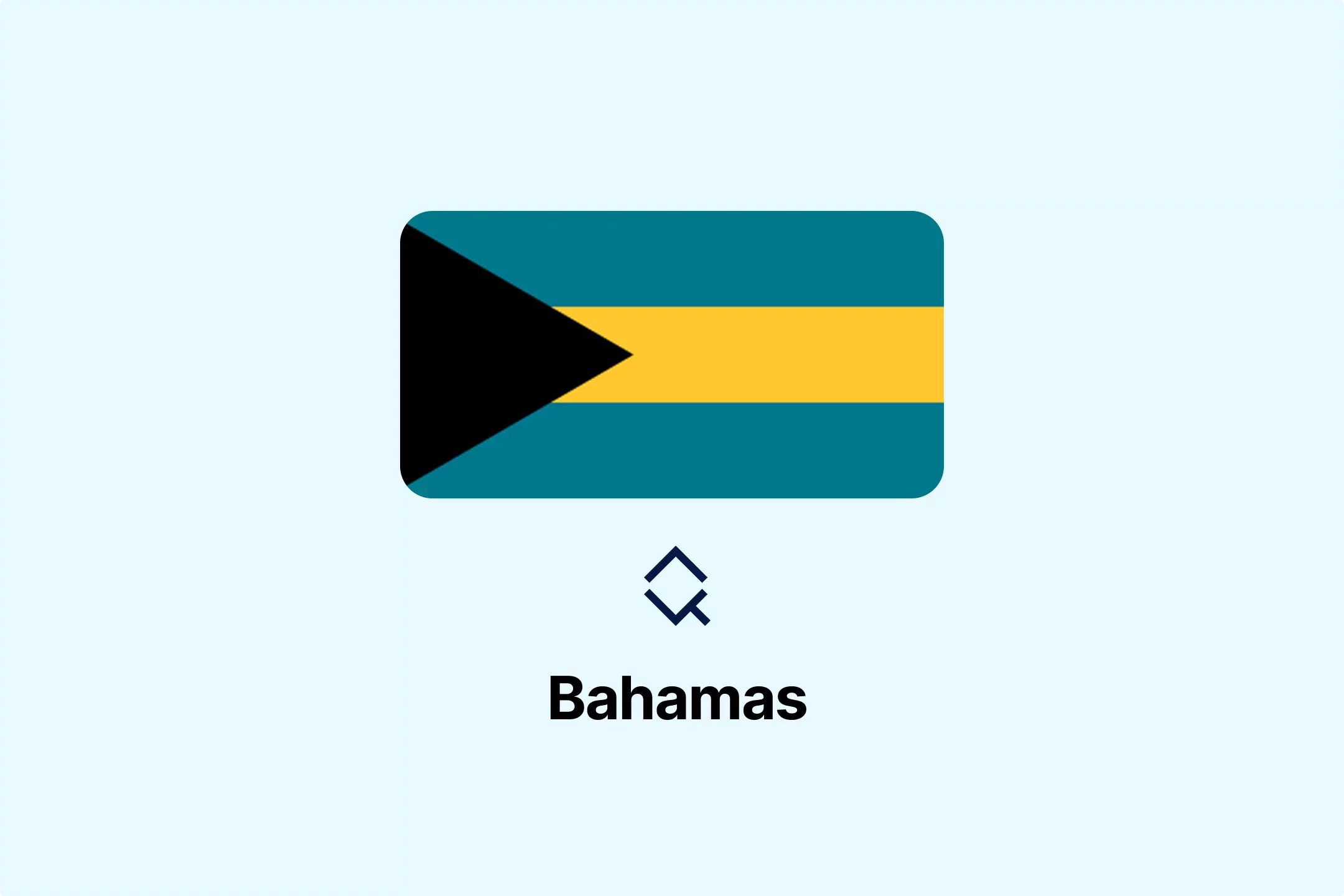



-qoqtiao7l2.webp)

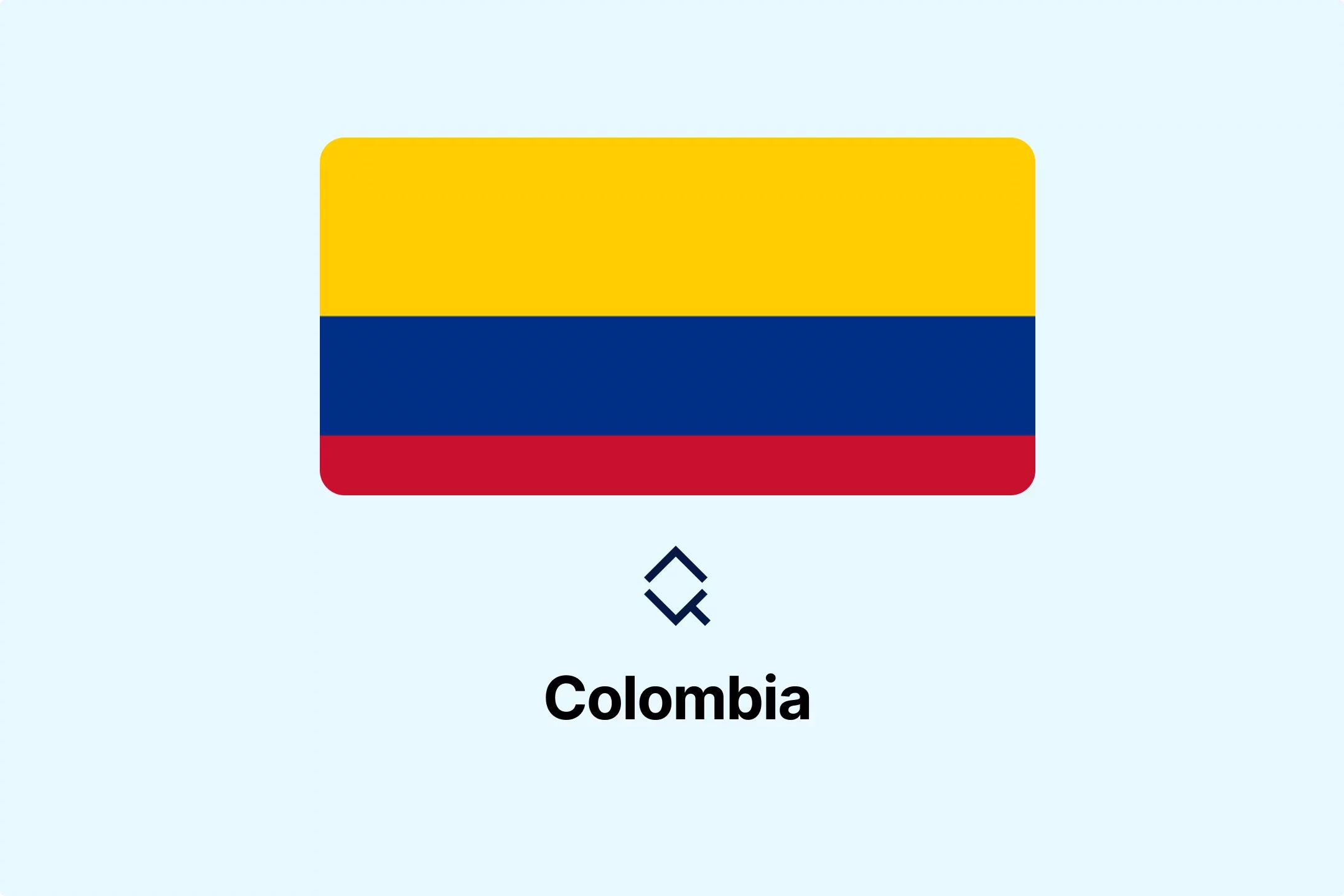
-pdupgqz2r8.webp)
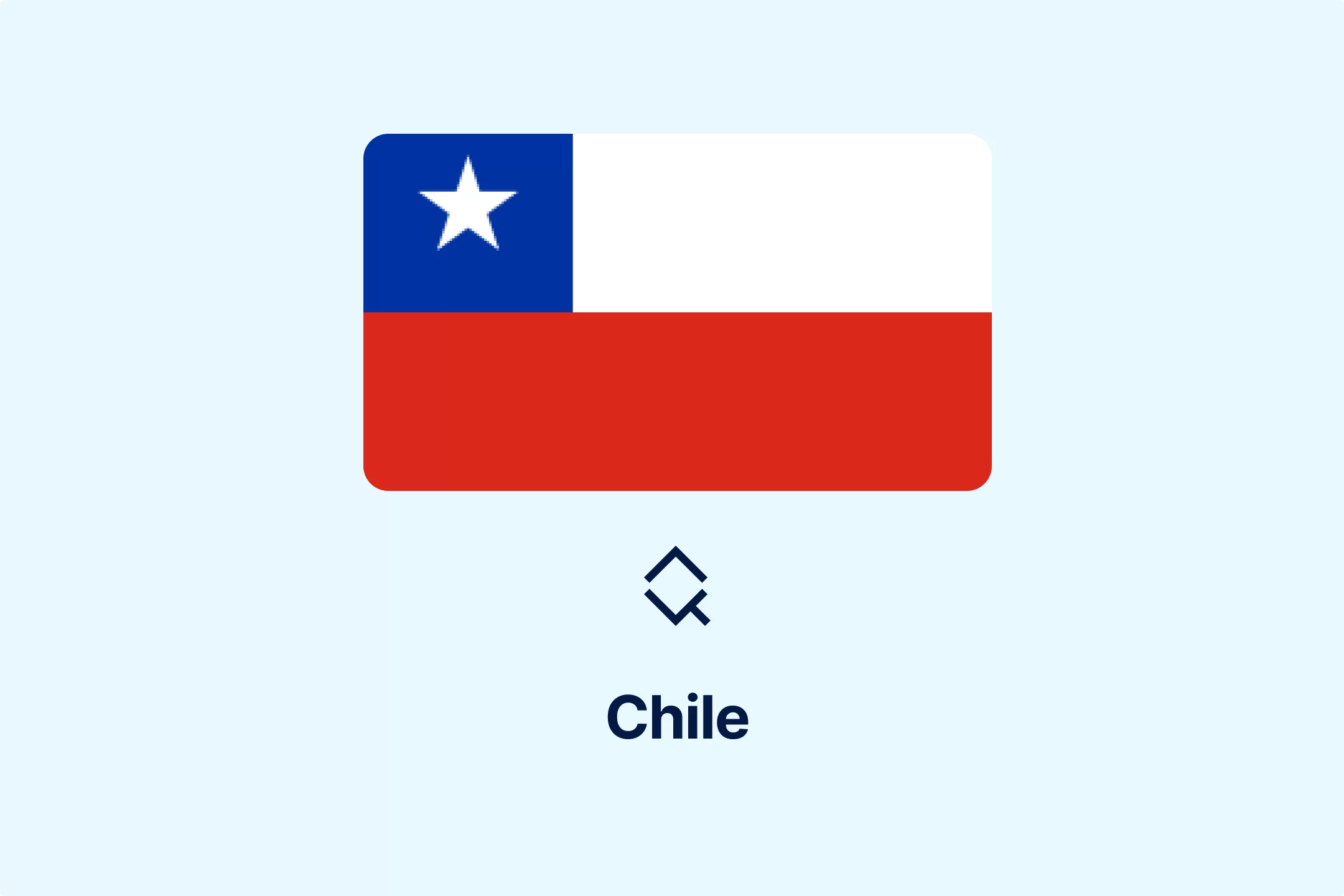
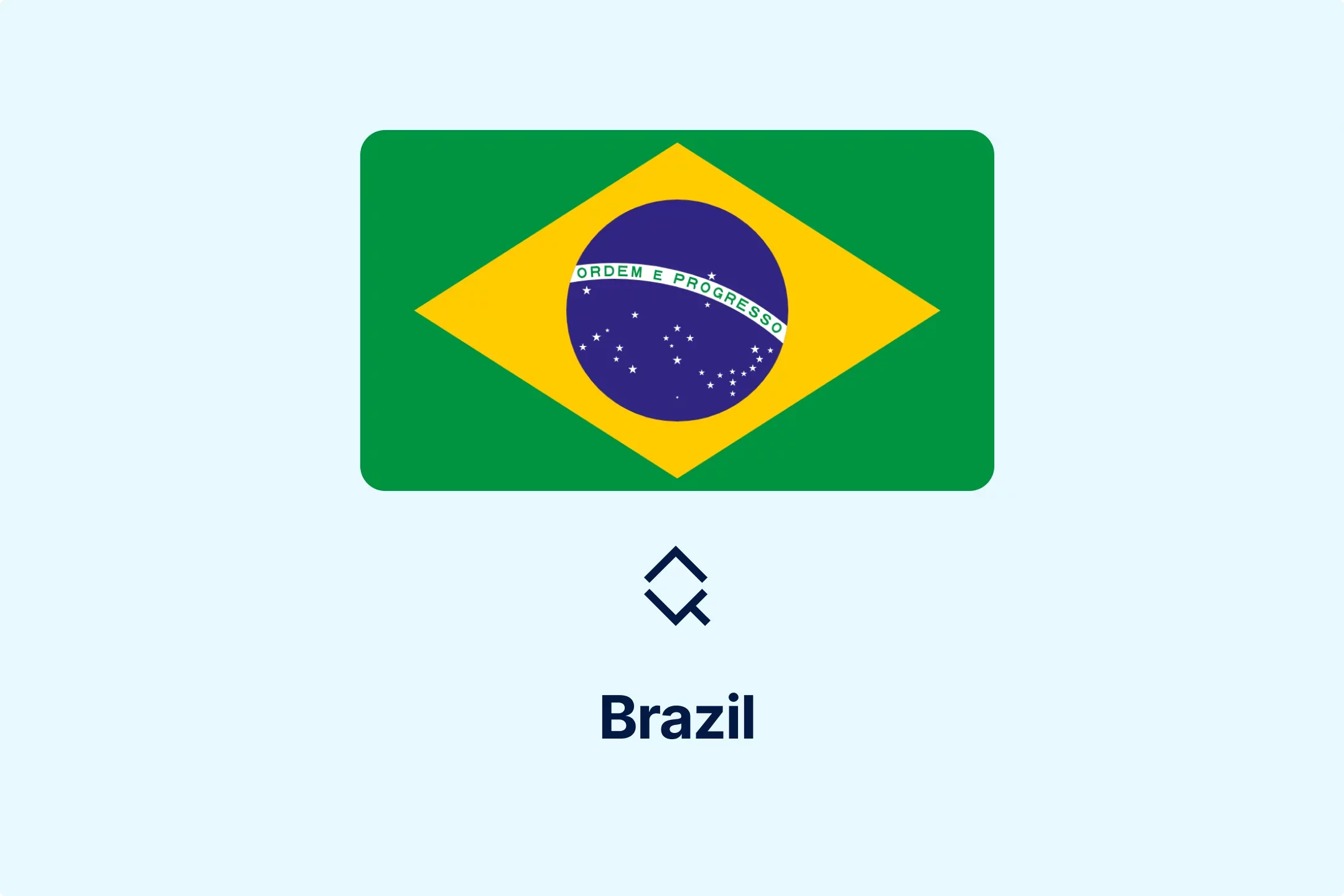




-o0xyg5unvs.webp)

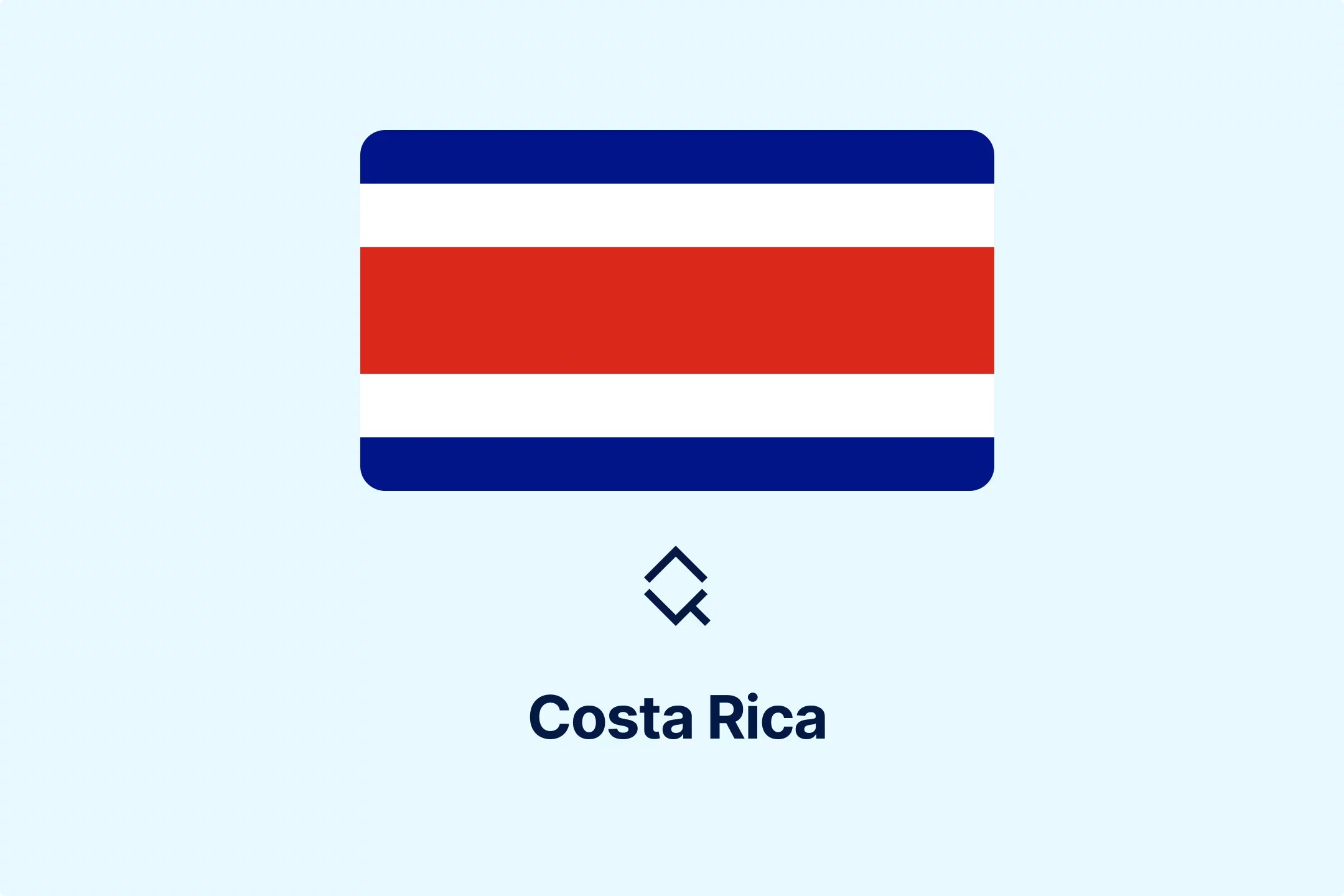
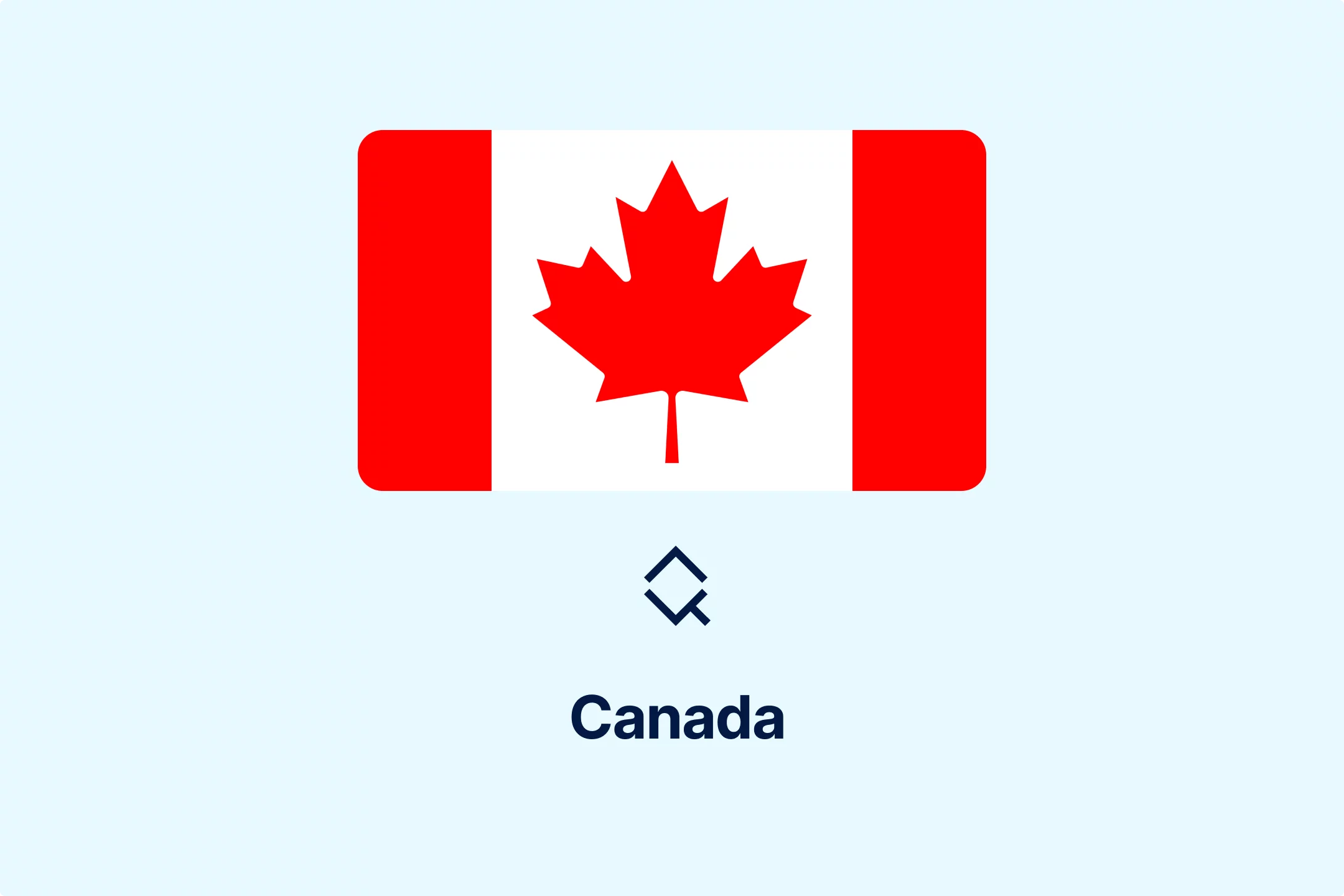
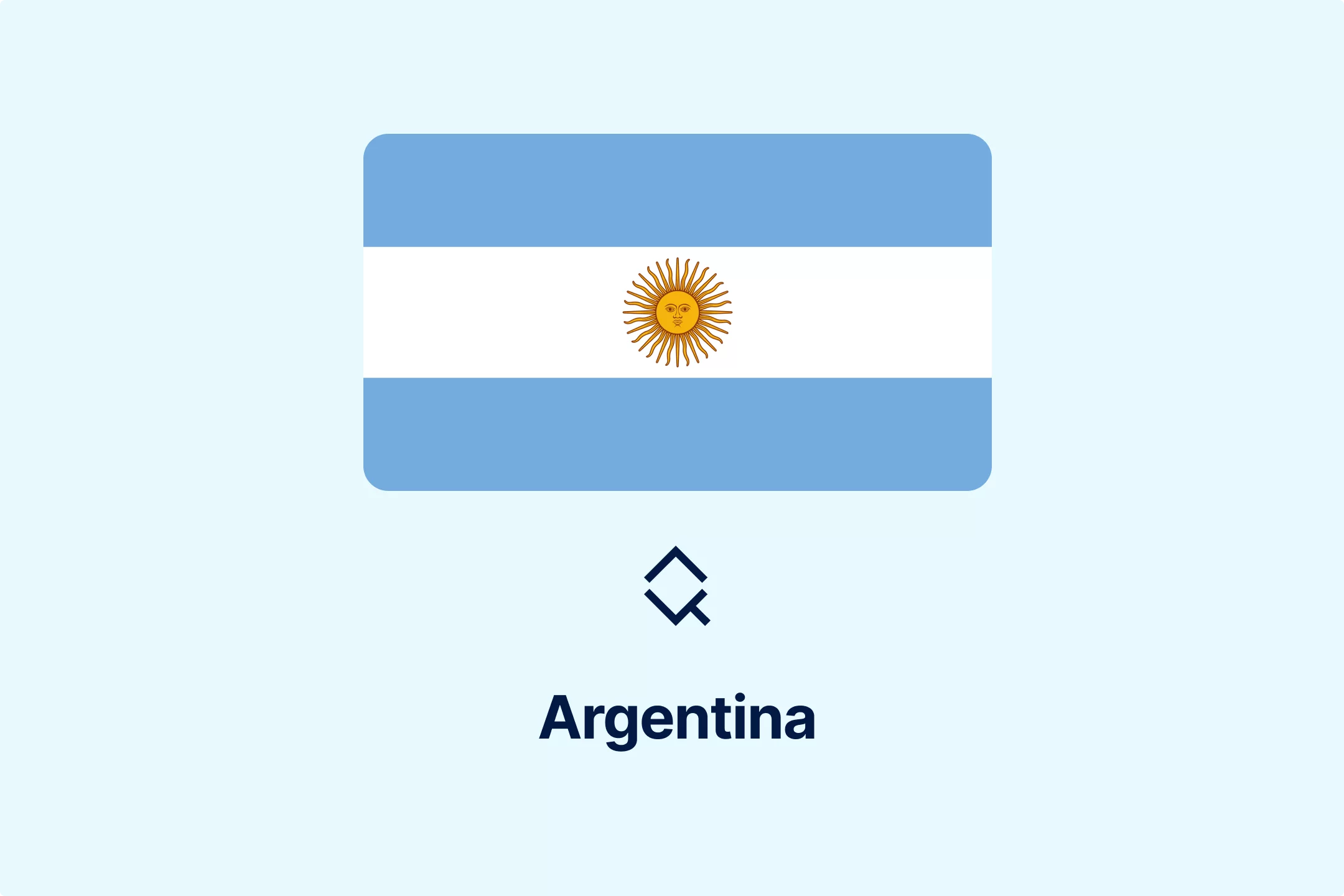



-sebuexzucq.webp)





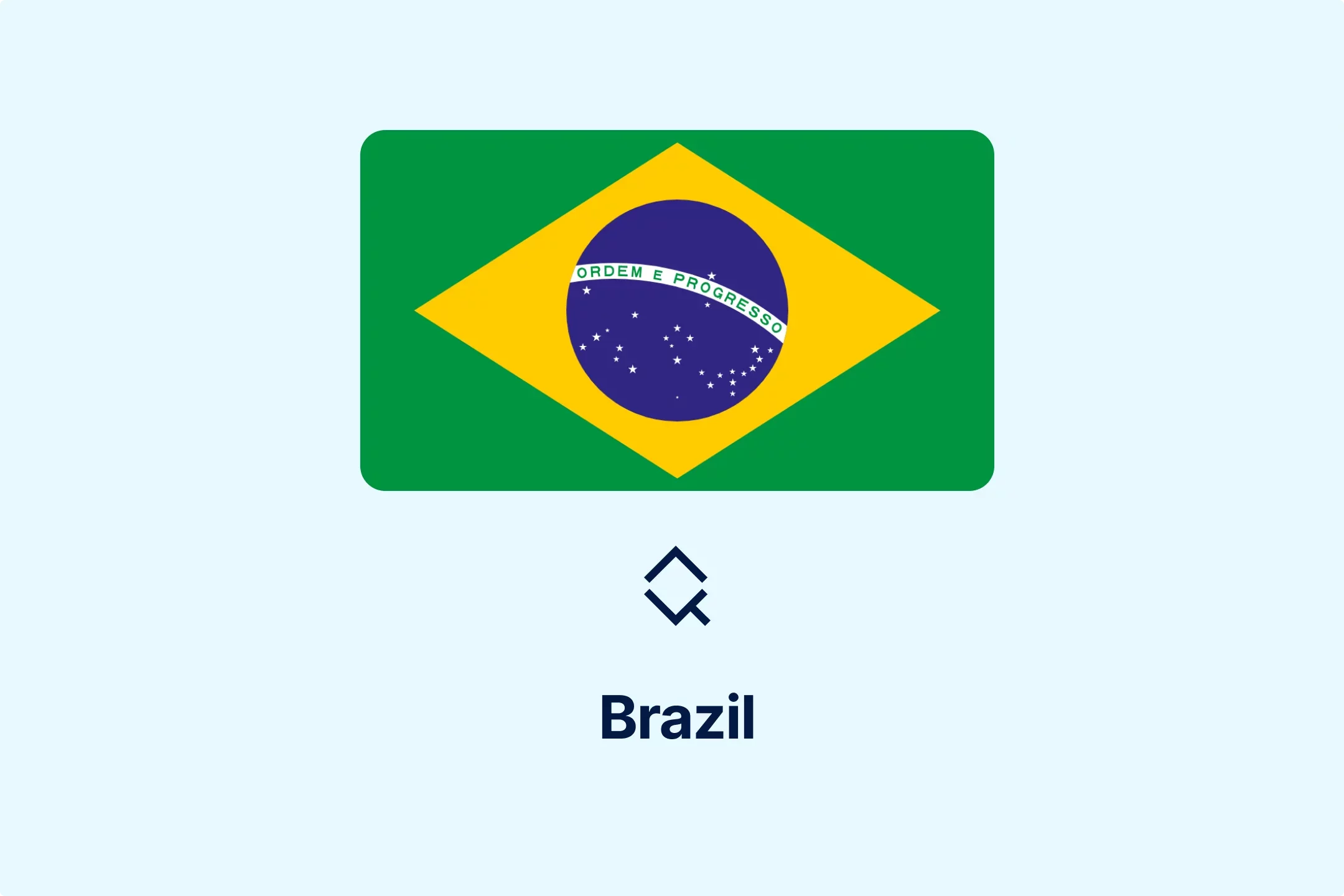

-sug7vykj81.webp)







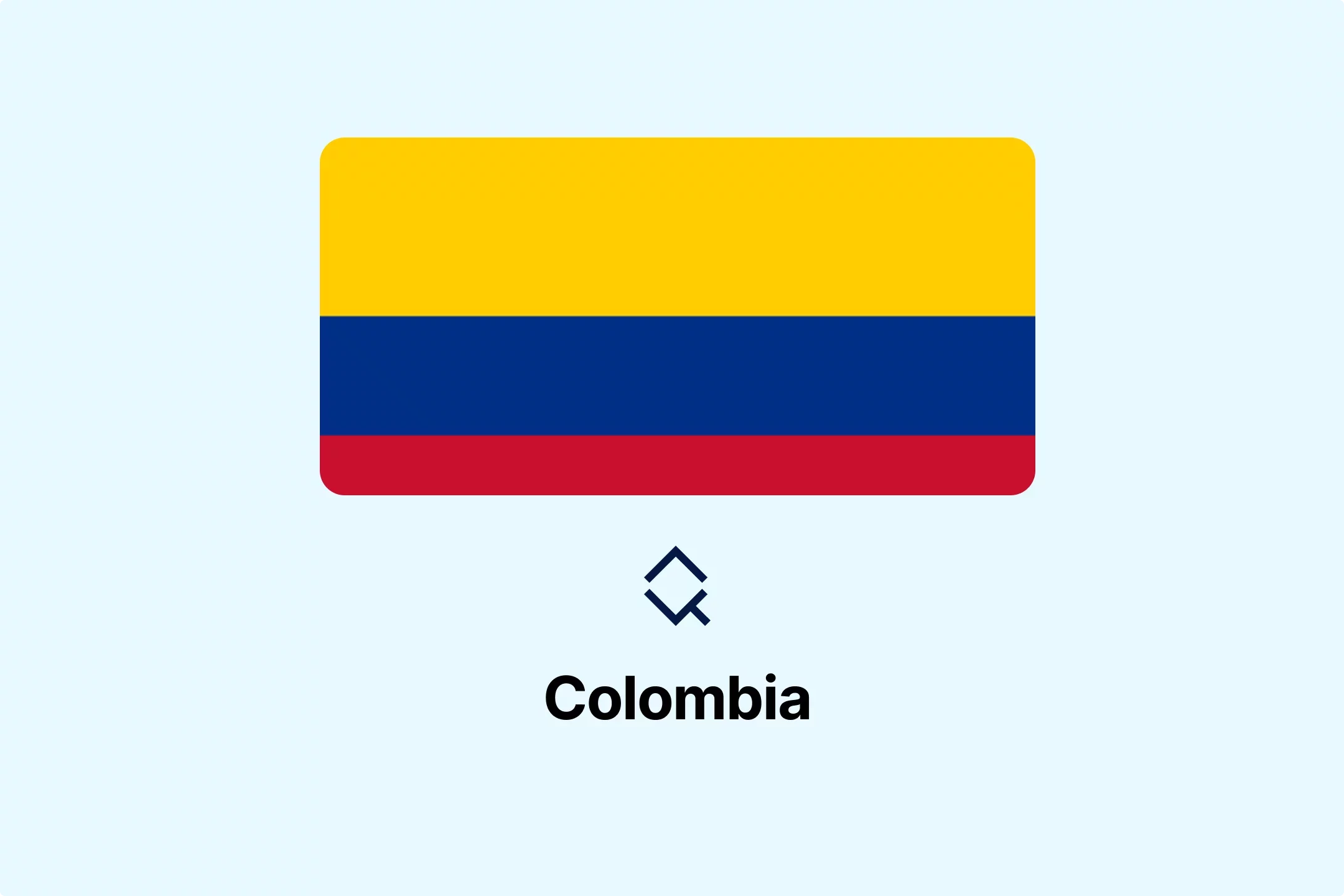
-gsvc6ack9u.webp)

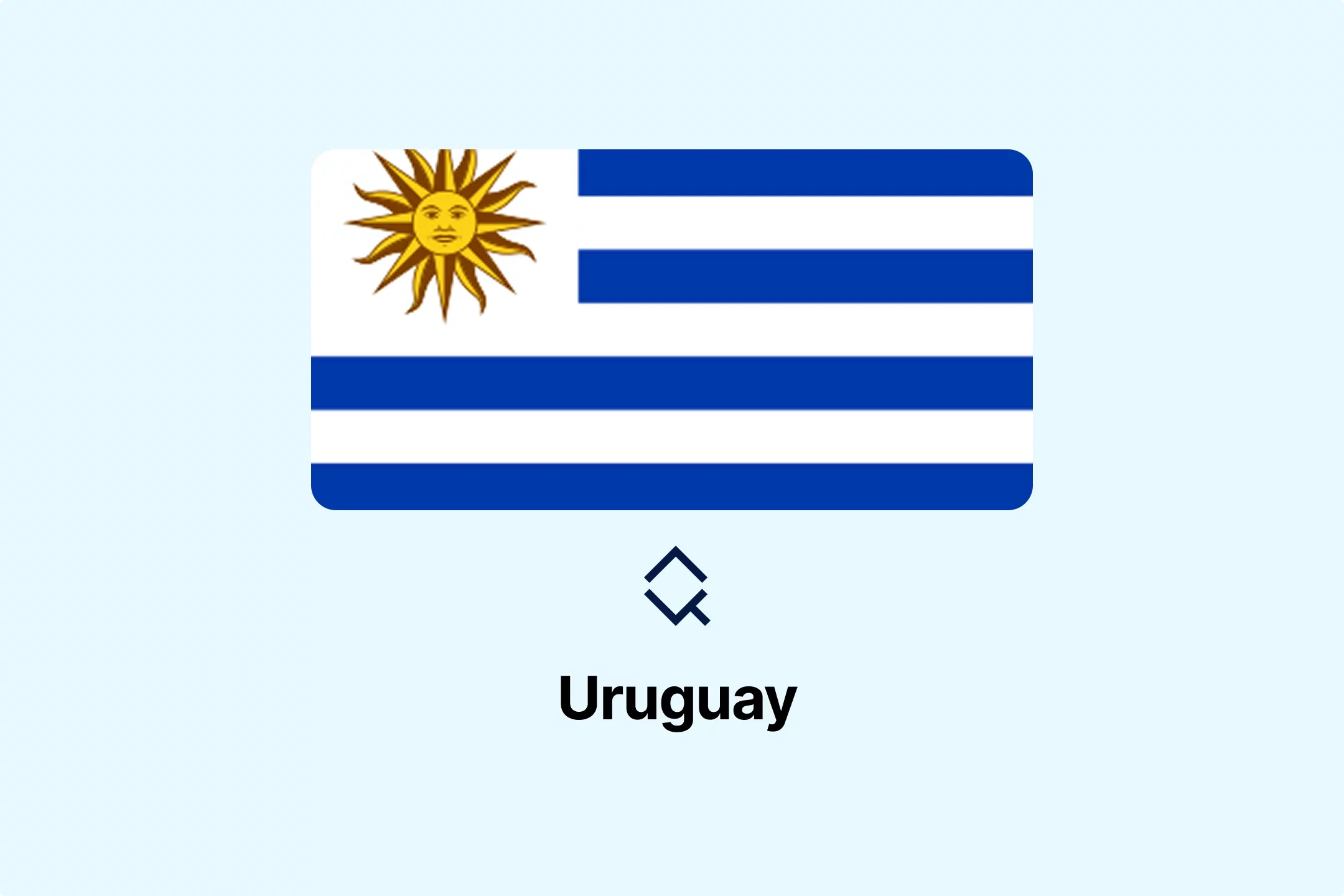


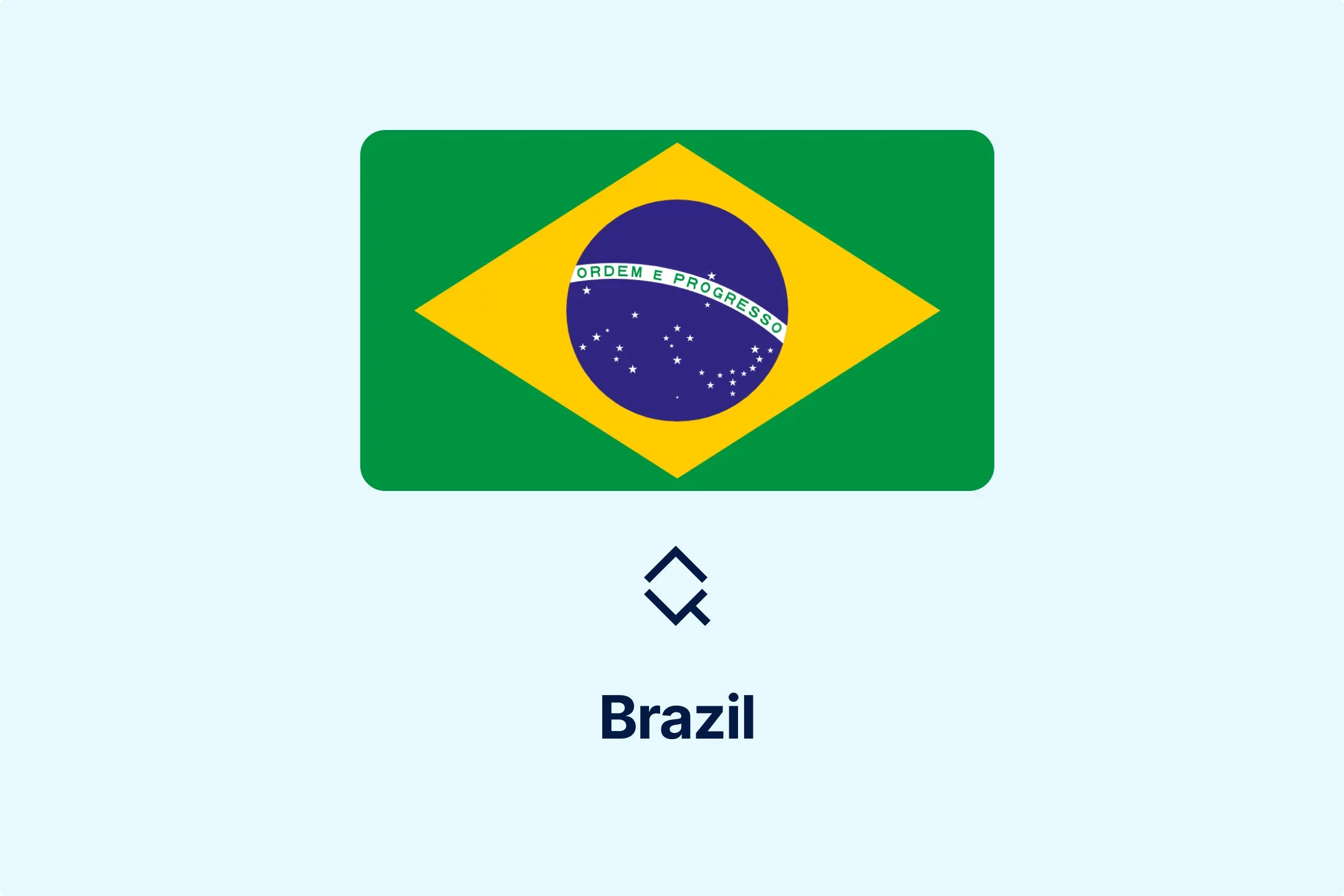


-xsarn0aogt.webp)

-hcel6azmgf.webp)



-p6e3ovhdh3.webp)


-fbovkq9h8b.webp)
-pofe7ucwz3.webp)


-d3qhimei1d.webp)




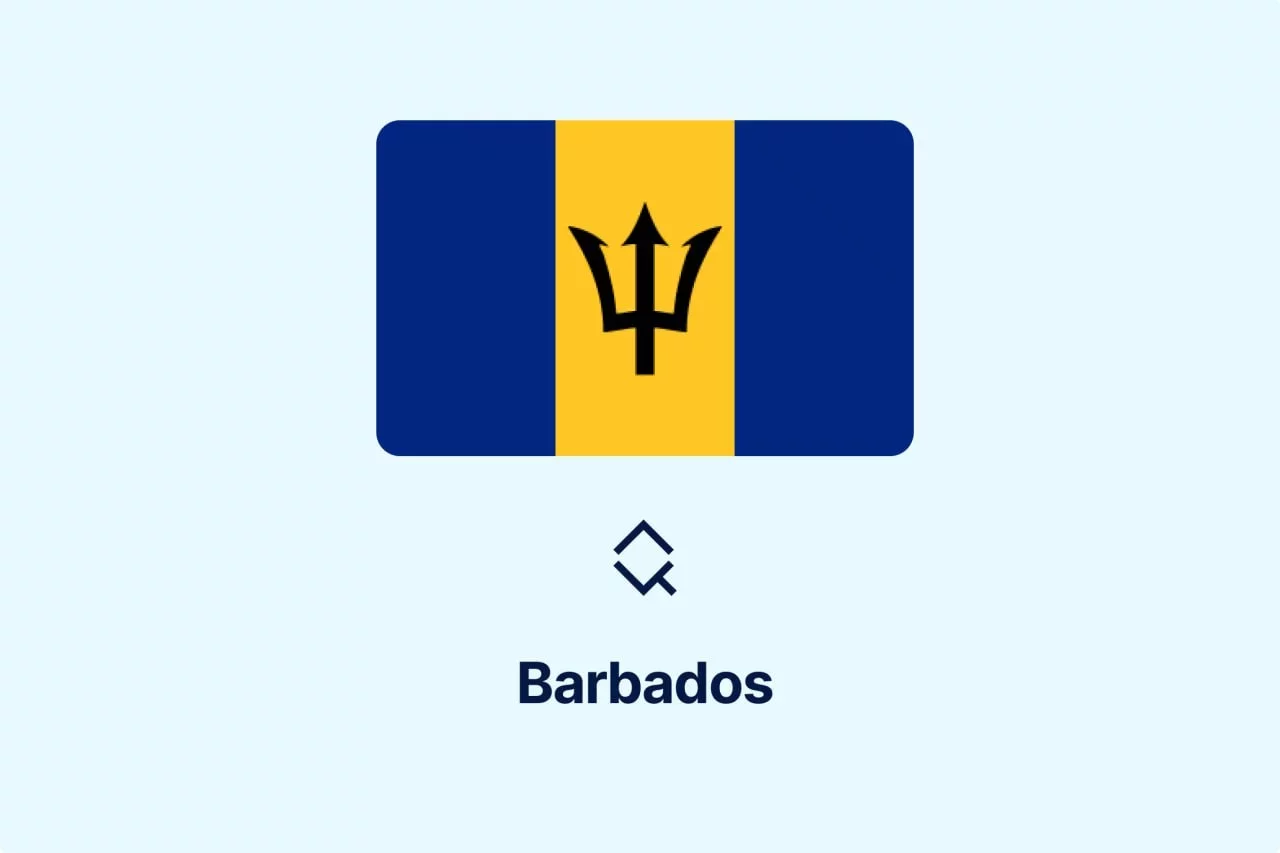

-nilkffjhah.webp)
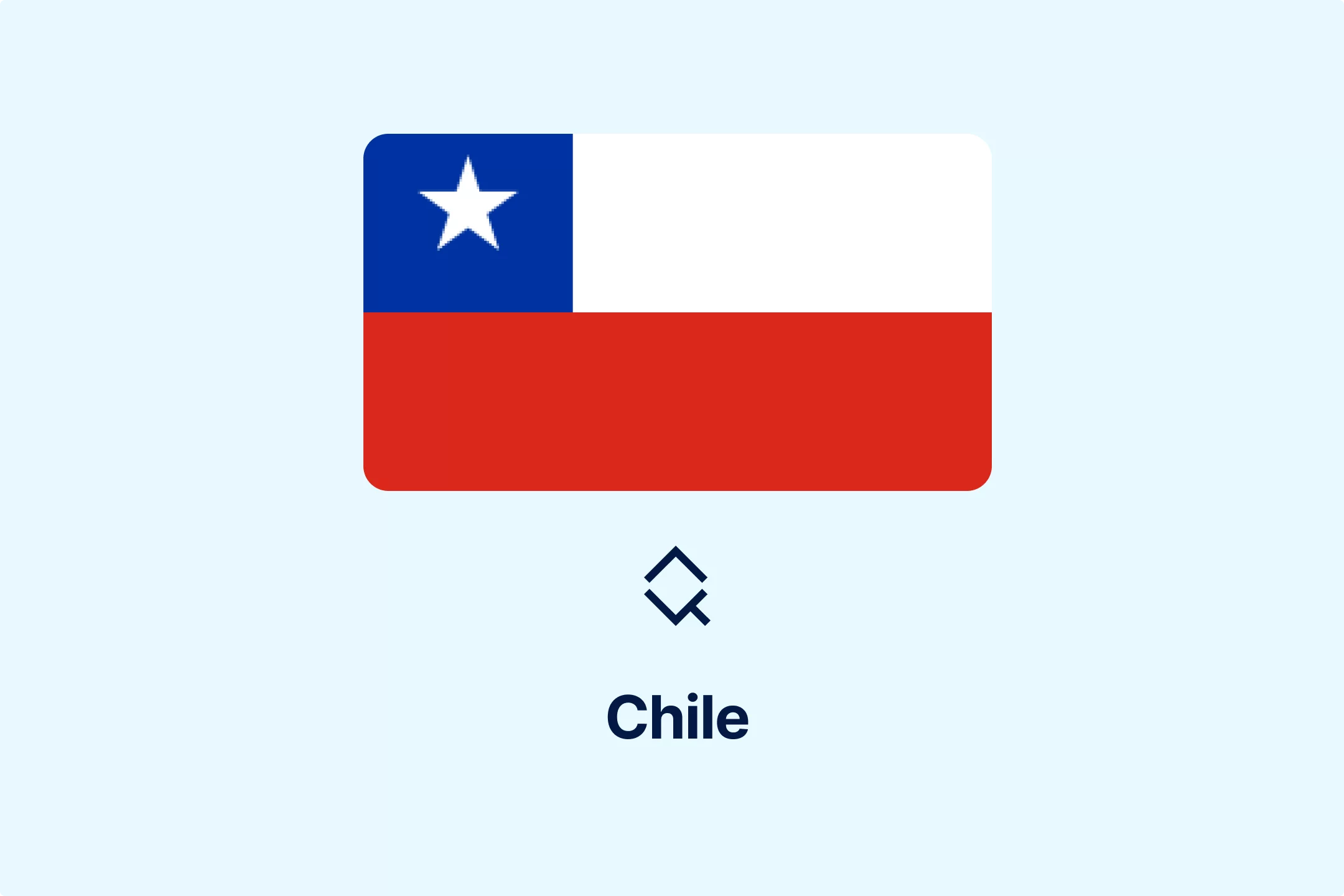












-xbhr0m4jsb.webp)


-ae6fi6cjox.webp)
















-b0fpsws1w1.webp)






















-x78wuofpzj.webp)



















-b44f1vjl1i.webp)




-priw8nq5xc.webp)
-8bkw2pujxu.webp)


.png)

.png)




.png)














































